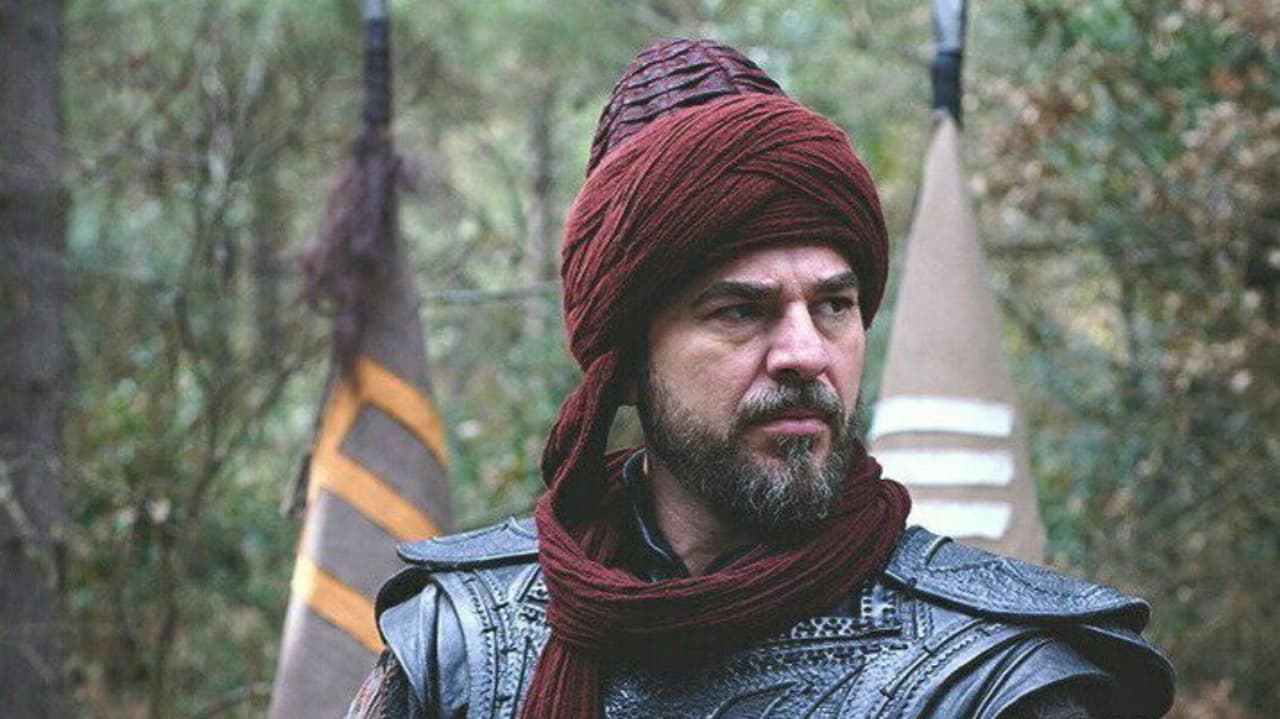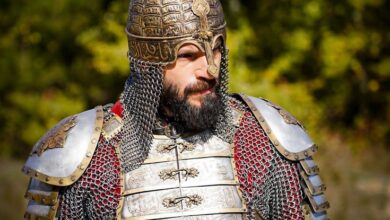Ertuğrul Ghazi: The Founder of the Ottoman Empire
He is considered to be one of the most symbolic figures of Turkish and Islamic history. As father of Osman I, founder of the Ottoman dynasty, Ertuğrul was instrumental in building the foundation of one of the world’s most successful dynasties. Ertuğrul’s biography is a coming together of facts and mythology and hence he is a symbol of courage, leadership, and belief.
Early Life and Origins
Ertuğrul Ghazi was born between 1191–1198 CE, and specific dates are not certain. Ertuğrul Ghazi was the son of Suleyman Shah (or Gündüz Alp, as indicated by some records), who commanded the Kayı tribe, which was a subgroup of Oghuz Turks. The Kayı people had moved to Anatolia (present-day Turkey) from Central Asia to flee Mongol invasions.
Following his father’s death, Ertuğrul and his brothers (Dündar, Gündoğdu, and Sungurtekin) migrated west. Ertuğrul and his brothers disagreed and split—some brothers remained in Central Asia, while those who followed Ertuğrul migrated into Anatolia.
Service Under the Seljuk Sultanate
His warriors and he joined the service of the Seljuk Sultanate of Rum, who dominated Anatolia at that moment. Historians say that Ertuğrul demonstrated his bravery during conflicts with the Byzantines and with other competing forces.
There is a popular legend that says Ertuğrul and his soldiers happened to be passing by as there was a war between the Seljuks and a stronger opponent. Unable to know which faction was which, he decided to fight alongside the weaker force—which happened to be the Seljuks. His timely presence influenced victory for the Seljuks, and Sultan Alaeddin Keykubad I was indebted to him.
As a reward, the Sultan presented Ertuğrul with land around Söğüt (in modern-day Turkey’s Bilecik Province), which was to become the center of the future Ottoman state.
Leadership and Expansion
He was a bey (chieftain) of the Kayı tribe who ruled and sought to make his people strong and expand his domain. He was a strong ally with the Seljuks and carried out ghazi (warrior for Islam) missions against the Byzantines.
His leadership was characterized by:
- Warfare tactics: Quick and efficient small raids to capture territory.
- Diplomacy: Alliances with neighboring Turkic tribes and with Seljuks.
- Islamic Faith: Encouraging justice, equality, and Islamic values within his people.
Legacy and Death Ertuğrul Ghazi died between 1281–1289 CE (year not certain) in Söğüt, where he was interred. His tomb is still an important historical and religious place in Turkey.
He was succeeded by his son, Osman I, who went on to establish the Ottoman Empire in 1299. It expanded to become one of history’s most powerful powers, stretching three continents and existing for over 600 years.
**Why is Ertuğrul Ghazi Important
- Foundational Role: Without his leadership, the Kayı tribe might not have settled in Anatolia, preventing the rise of the Ottomans.
- Symbol of Ghazi Spirit: We see him symbolizing the warrior ideal of defending Islam and spreadinندMuslim control.
- Cultural Icon: Popularized by television series such as Diriliş: Ertuğrul, his legacy lives on and inspires millions around
- Conclusion He was not only a tribal leader, but a visionary who influenced world history. His bravery, religious conviction, and strategic intellect paved the way for an empire to control the world for centuries to come. His name is revered today in Turkey and beyond as an Islamic and Turkic hero. **For additional historical updates, see [HistoricalPoint.News





